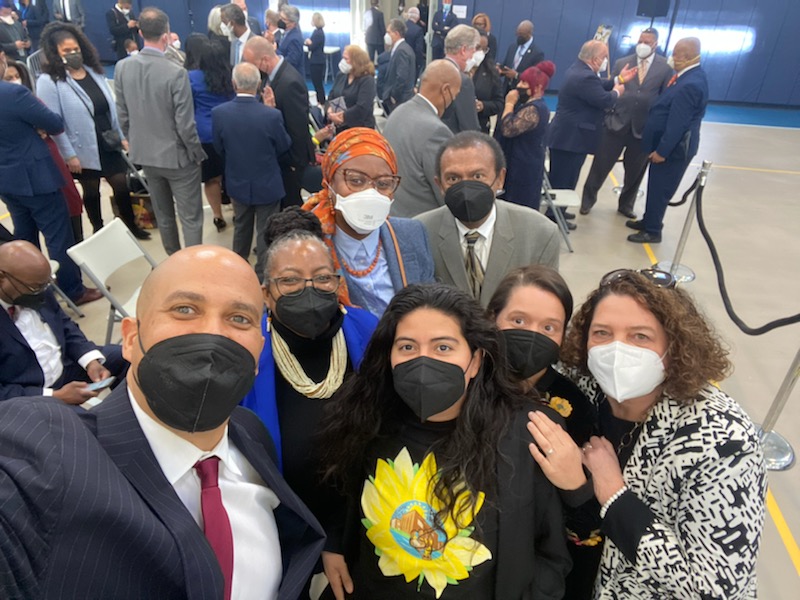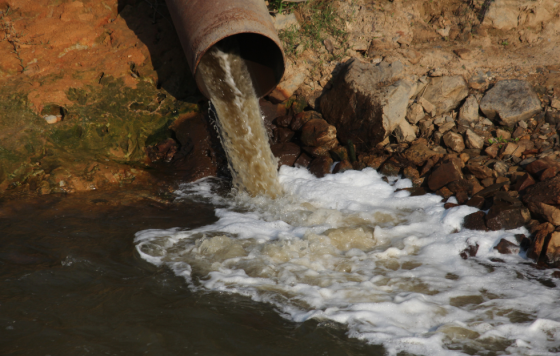
My city of Newark has become a shining example of what can be achieved when elected officials work with communities as trusted environmental advocates and messengers.
The South Ward welcomed Vice President Kamala Harris to Newark last Friday to spotlight the city’s accomplishment on its replacement of 23,000 lead service lines.
The Vice president told the crowd that had gathered at the Tahir Whitehead Center: “Here in Newark the work that has been done is a function of the collaboration between community leaders, elected leaders, and public health leaders,”
Everyone deserves safe, clean, affordable drinking water. It is a matter of justice and equity. Some 186 million people in the United States get their drinking water from systems that are contaminated by lead pollution. Children, whose organs and immune systems are not fully developed, are particularly vulnerable to the effects of lead. Yet, children in schools and child care centers across the country are drinking lead contaminated water.
There is no safe limit to lead in drinking water.
As I listened to Vice President Harris speak, I was proud of Clean Water Action and the organization’s partnering with the City of Newark to knock on 7,000 doors to inform residents about this catastrophic problem and the critical importance of replacing lead service lines.
As Environmental Justice Organizer for Clean Water Action, I acted as a liaison between the city and the organization. The goal was outreach and education of residents. As a parent, it was a personal decision to make sure families were protected. We gave them practical advice on steps to take to protect their families until a permanent solution was in place. We knocked on doors encouraging residents to pick up water filters at City Hall and to attend town hall meetings to keep up to date on progress being made and to make sure officials remained accountable.
The use of lead-lined service pipes was banned after 1989. But, prior to then, water companies could use them to connect homes and businesses to the water supply. Newark is an old city and lead-lined pipes sprawled in a patchwork throughout. Yet city and county officials, community leaders, and Mayor Ras Baraka were undaunted in getting the job done. Financing, tracking down property owners, and making the replacement program free was a labyrinthine undertaking. But, it proves what can be accomplished when there is collaboration and absence of egotism when confronting a public health emergency.
Governor Phil Murphy, who had called lead in drinking water a “five alarm fire” when our organization met with him, signed bills in 2021 requiring all water suppliers to replace lead service lines within ten years. Vice President Harris on Friday praised Newark as a model for the country and touted the federal infrastructure package of laws that will make billions of dollars available for the replacement of lead pipes.
We must make sure the most overburdened communities are prioritized. The cumulative impacts of pollution from multiple sources has caused too much sickness and death. The raw reality in overburdened communities is that we can become sick just going outside and breathing dirty air, and by remaining inside and drinking water from a contaminated source. That is no way to live and I am proud to say that Clean Water Action clasped the hand of the City of Newark before the headlines and before the television cameras arrived.
We have an historic opportunity to right wrongs for communities that have borne the brunt of contaminated drinking water for too long. Getting this job done properly will create thousands of jobs while protecting public health. Congress must act now to finish this work and prioritize clean drinking water by investing at the scale of the problem.


